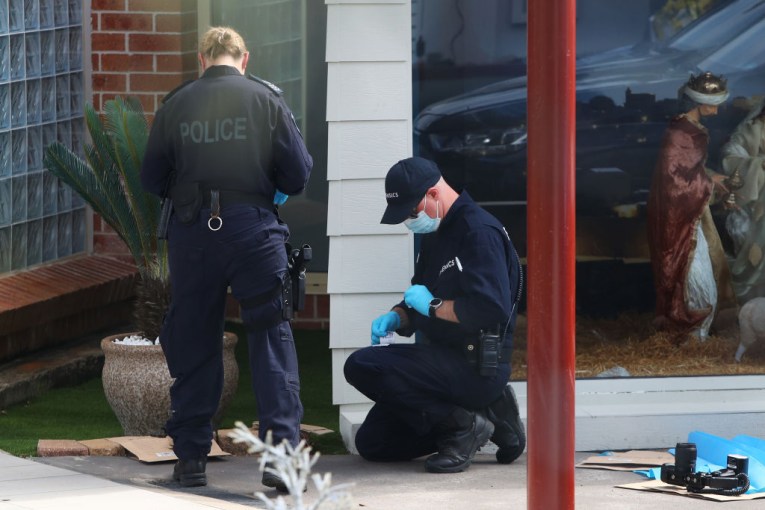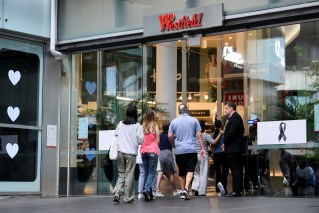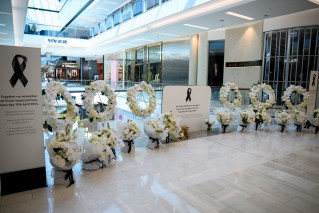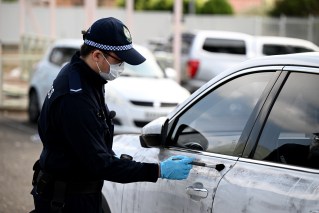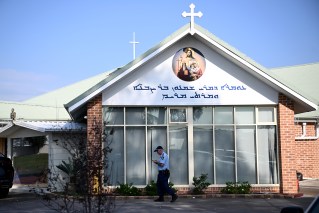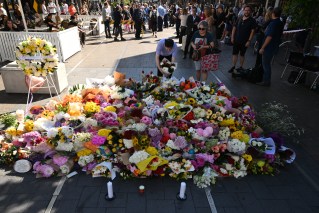NSW reports 9995 virus cases, 14 deaths
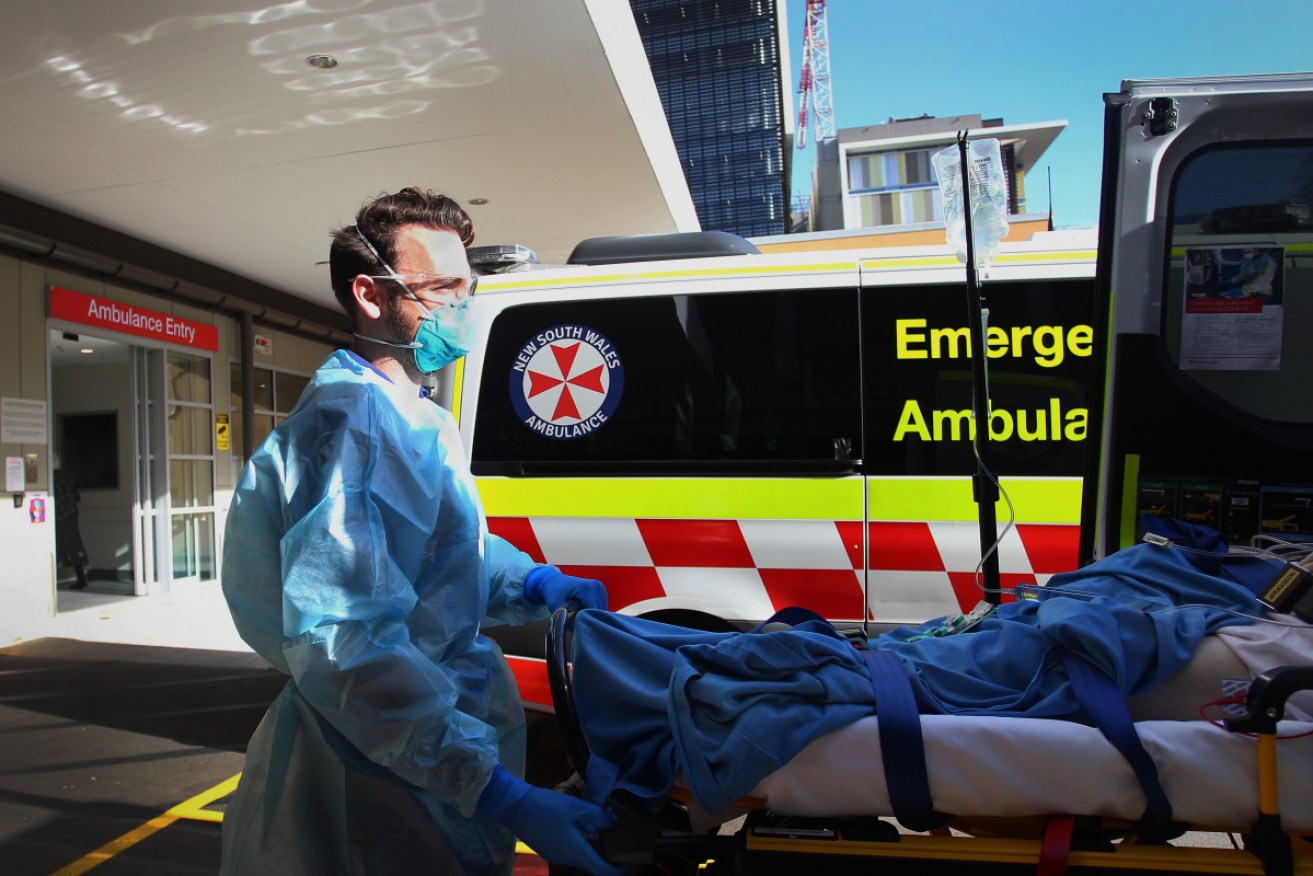
Paramedics in NSW joined public hospital nurses in taking industrial action last year. Photo: Getty Photo: Getty
There are 9995 more COVID-19 cases in NSW and 14 deaths as the state’s paramedics take industrial action.
Thursday’s update included 468 fewer cases of the virus than reported on Wednesday, and 13 fewer deaths.
NSW Health said there were 1447 people with the virus in the state’s hospitals – a drop of 31. There are 92 people in ICU.
Nearly half the state – 49.7 per cent of those eligible – have received a booster shot of a COVID-19 vaccine.
Meanwhile, paramedics have joined nurses and midwives, taking industrial action as they lobby for better conditions and pay.
Paramedics were refusing to move from their stations to fill gaps in rosters in other areas on Thursday.
The Australian Paramedics Association wants 1500 more paramedics on the road, a pandemic payment and a pay rise of more than 2.5 per cent.
The action follows a day of staggered strikes by public hospital nurses in NSW on Tuesday in support of better staffing and a pay rise above the prescribed 2.5 per cent on offer from the government.
Meanwhile, a survey has found pharmacists are also stressed and exhausted after two years on the frontline dealing with the pandemic.
The survey of more than 400 pharmacists by the Professional Pharmacists Australia was conducted at the height of the Omicron outbreak in January.
The surge of cases, the increased demand for rapid antigen tests and the roll out of COVID-19 vaccinations all contributed to their burnout.
PPA CEO Jill McCabe said two years of the pandemic, topped off by a lack of adequate planning and preparation by the federal government to manage the Omicron variant, had taken a toll.
“For over two years, day-in, day-out, pharmacists have been on the frontline in the battle against COVID-19, providing vaccinations, dispensing medications and providing information and other services to support the community’s health and wellbeing throughout the pandemic,” she said.
“The lack of adequate preparation for dealing with the Omicron variant led to a massive increase in the demand for pharmacy services, and already stretched employee pharmacists have reached breaking point.”
About 75 per cent of pharmacists reported the lack of rapid tests had a significant or extreme impact on their workload.
Meanwhile, the NSW government is expected to announce COVID restrictions will end on February 27 as the Omicron wave that was rampant over the Christmas-New Year period subsides.
The requirement to wear masks in most indoor settings is expected to go as the government pushes workers to return to offices.
Other restrictions such as density limits and compulsory QR check-ins are also tipped to go. Public transport will return to regular timetabling on February 28.
